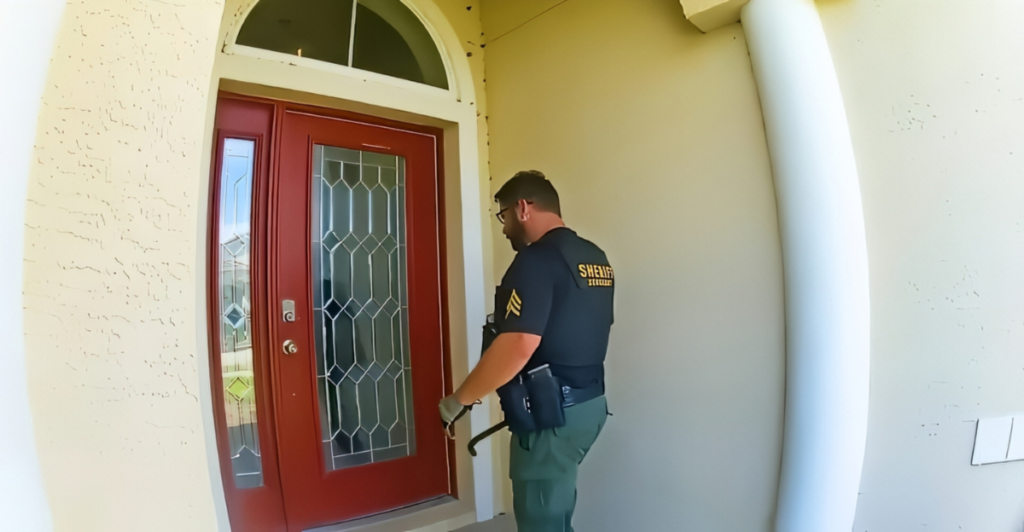
In October 2024, a routine enforcement action by the New York State Department of Environmental Conservation (DEC) triggered a national uproar. The DEC seized and euthanized Peanut, a well-known pet squirrel with an enormous web presence, and Fred, a raccoon, from their owner, Mark Longo. The DEC cited public safety concerns for the raid and euthanasia. Still, the incident also raised issues of government overreach, wildlife pet ownership ethics, and social media influence on public opinion. This article examines the intricate nature of this case, such as the circumstances that led to the seizure, the court cases that ensued, and the broader implications for society.
The Rise of Peanut the Squirrel
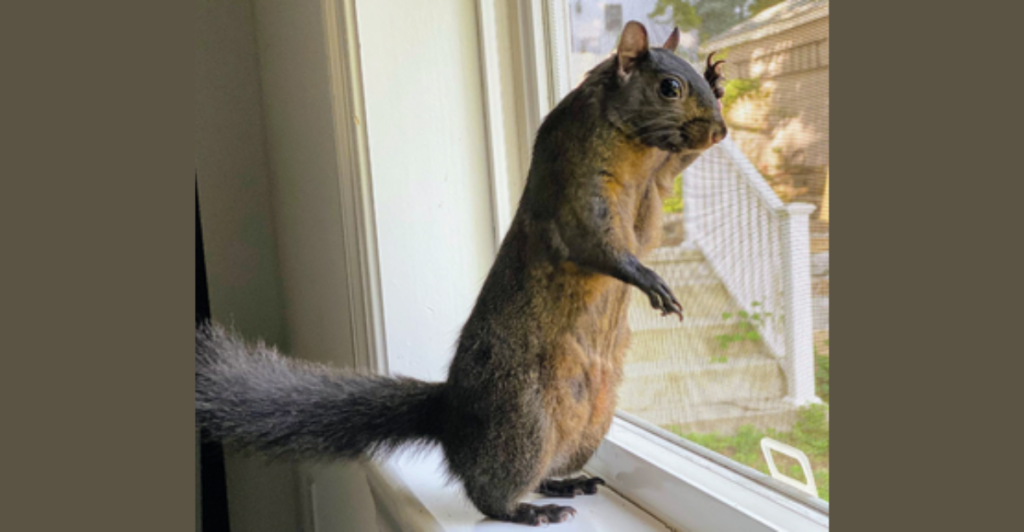
Peanut’s journey from orphaned squirrel to online fame began in 2017 when he was rescued by Mark Longo. Within seven years, Peanut’s antics and friendly nature won fans over, earning him more than 600,000 followers on Instagram. Not only was his online stardom amusing, but it also educated the public about squirrel behavior and wildlife rescue.
The Legal Landscape of Wildlife Ownership
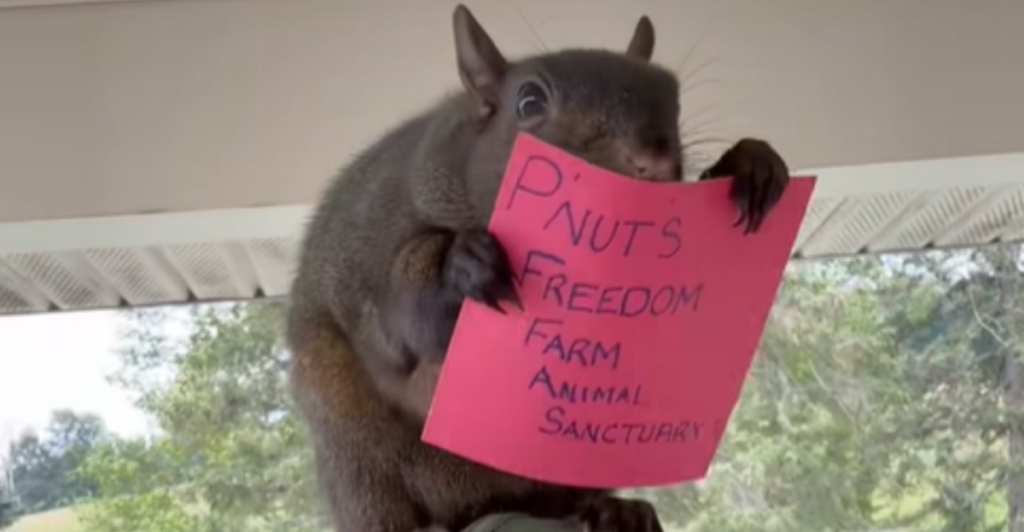
Keeping wild animals as pets is marred with legal complexities. Private ownership of certain species of wildlife is prohibited under the law in New York, citing health and environmental concerns. These laws aim to protect the public and wildlife alike, which is in harmony with a holistic national and international policy on conserving wildlife.
The DEC’s Intervention
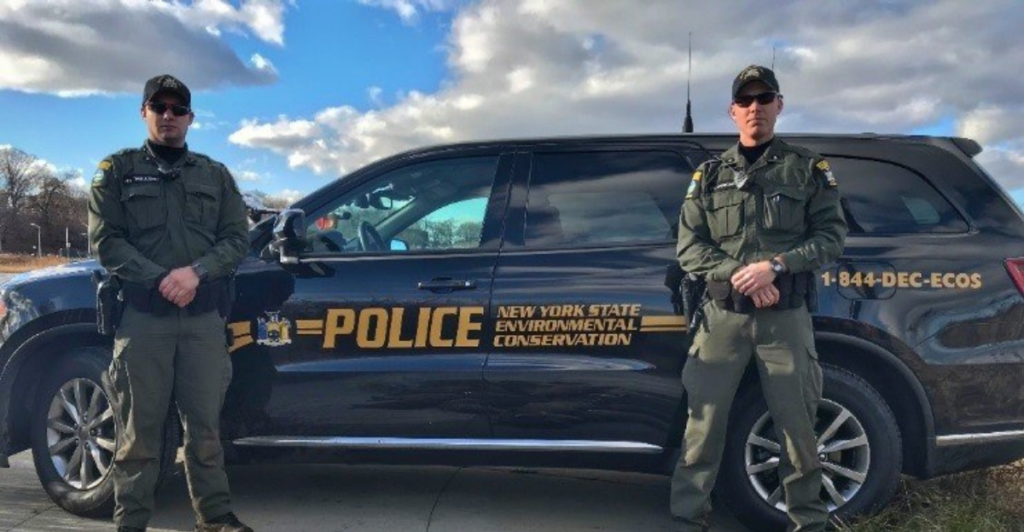
The DEC raided Longo’s house on October 30, 2024, in response to complaints about the housing conditions of wildlife on the property and the legality of keeping wild animals as pets. In the raid, Peanut and Fred were taken into custody and later euthanized to be tested for rabies, even though neither exhibited symptoms of the disease.
Public Outcry and Media Frenzy
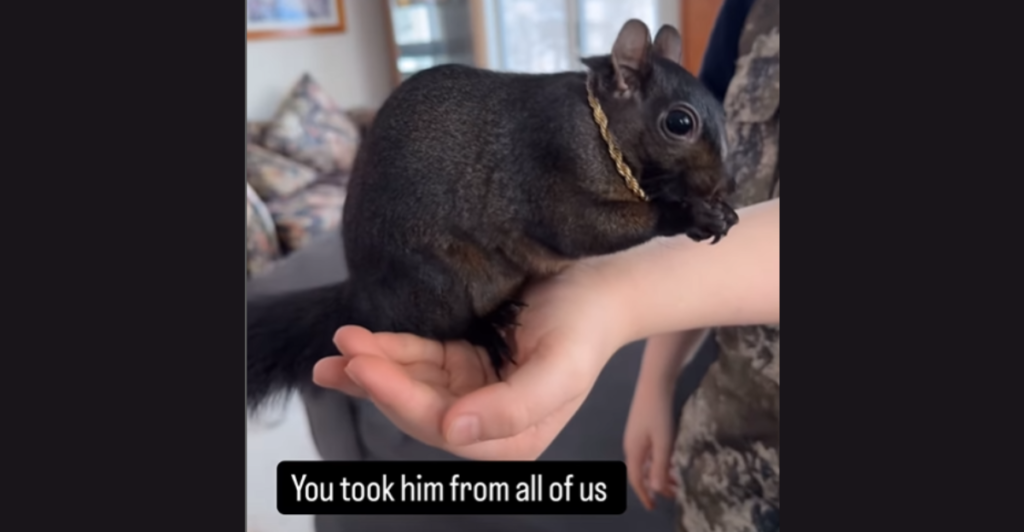
The DEC’s move prompted widespread condemnation. Considering Peanut’s social media celebrity, allies regarded the intervention as an abuse of government authority, especially since Peanut tested negative for rabies. Social media platforms buzzed with hashtags like #JusticeForPeanut and a GoFundMe page raised significant amounts of money to seek legal recourse against the DEC. The case showed both the advantage of online communities rallying around a cause and the risk of misinformation spreading rapidly.
Political Ramifications
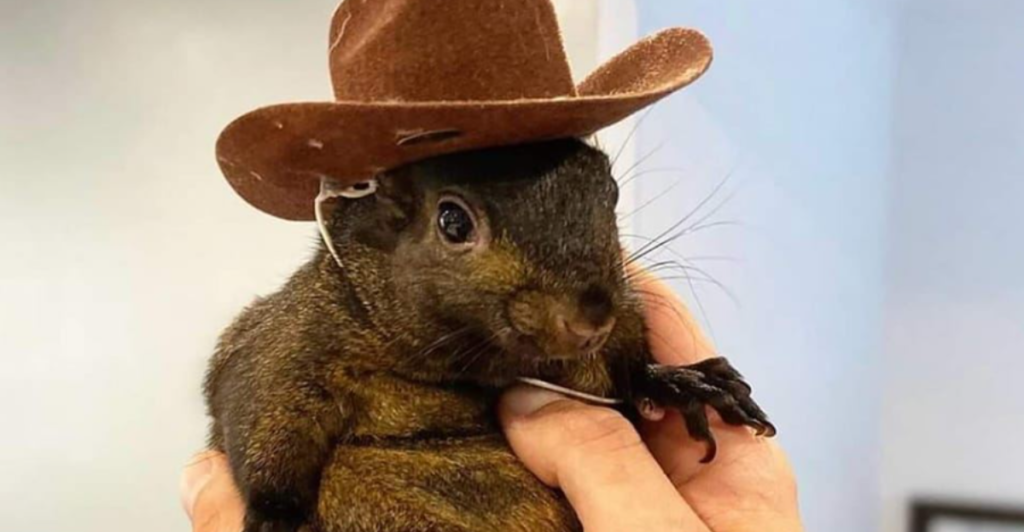
The incident transcended the typical wildlife rescue narratives and became political in nature. Political figures, such as JD Vance (Donald Trump’s vice-presidential running mate), used Peanut’s death as an example of overreaching government interference. The case raised discussions about individual rights versus state authority, showing how a local incident can affect national political conversations.
The Lawsuit Unfolds

Following the seizure and euthanasia of Peanut and Fred, Longo and his partner, Daniela Bittner, sued the state. They objected to the DEC’s actions, stating that they were unnecessary and that the claim of an agent being bitten was fabricated to rationalize the euthanasia. The lawsuit alleged that the DEC was abusing its authority and violated Longo’s and Bittner’s rights as pet owners.
The Role of Redacted Footage
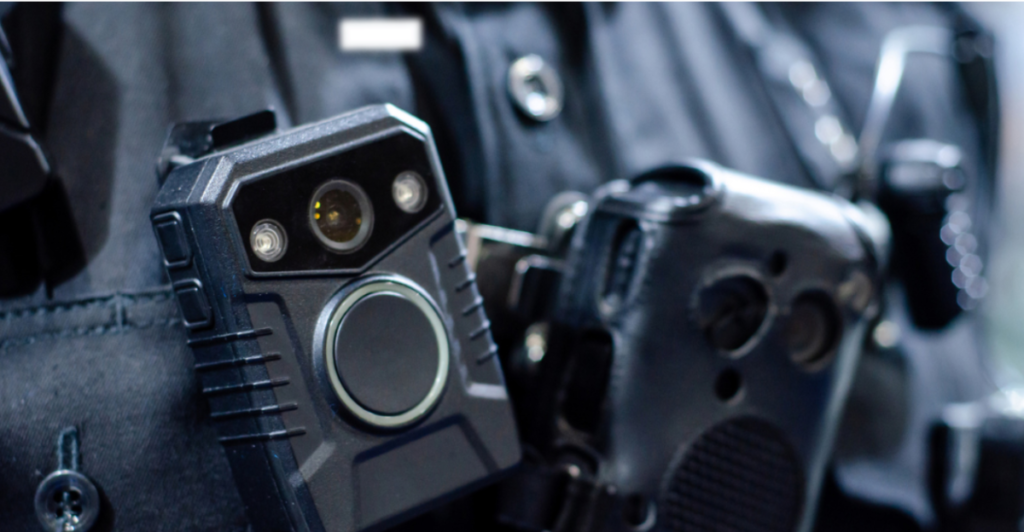
At the center of the uproar was the DEC’s publication of heavily redacted video from the raid. The cuts were criticized as concealing the truth and fueling suspicions over the DEC’s actions. The lack of openness focused on the legal process, with demands that the entire, unedited footage be published.
Wildlife as Pets
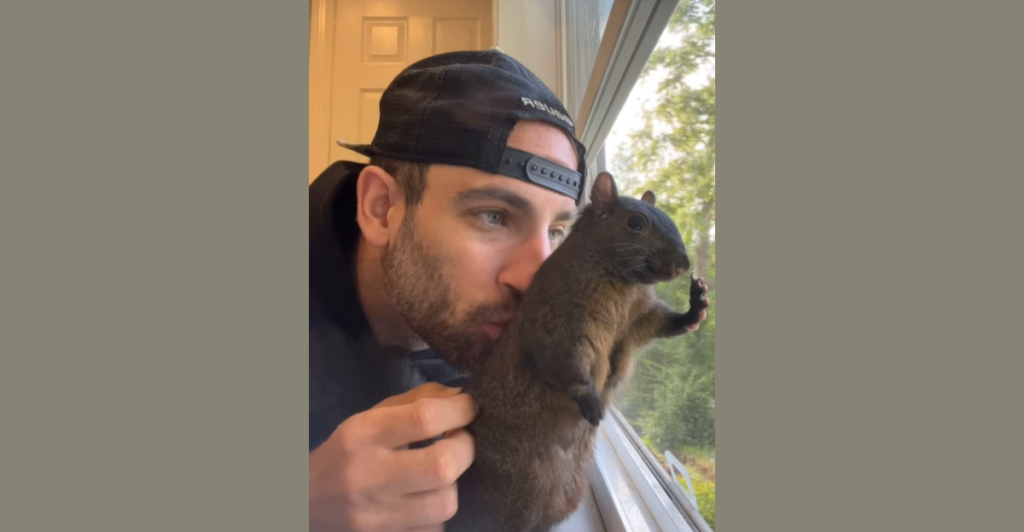
Keeping wild animals as pets has a controversial and lengthy history. From exotic birds in Victorian England to private zoos in the U.S., society has grappled with the moral and safety implications. Peanut the Squirrel’s case reminded us of this dilemma, prompting many to question where the line between companion animals and wildlife should be drawn.
Contrarian Perspectives on the Event
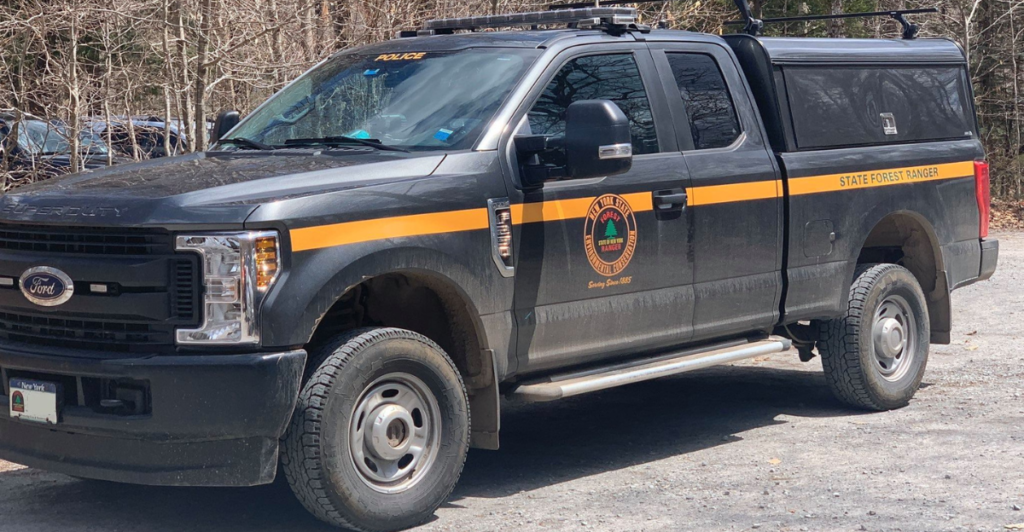
While most condemned the DEC’s actions, some defended the agency, pointing out the necessity of enforcing wildlife laws to protect ecosystems and public health. They argued that exceptions could lead to increased and uncontrolled wildlife ownership that could potentially endanger humans, livestock, and native wildlife.
The Aftermath and Lessons Learned
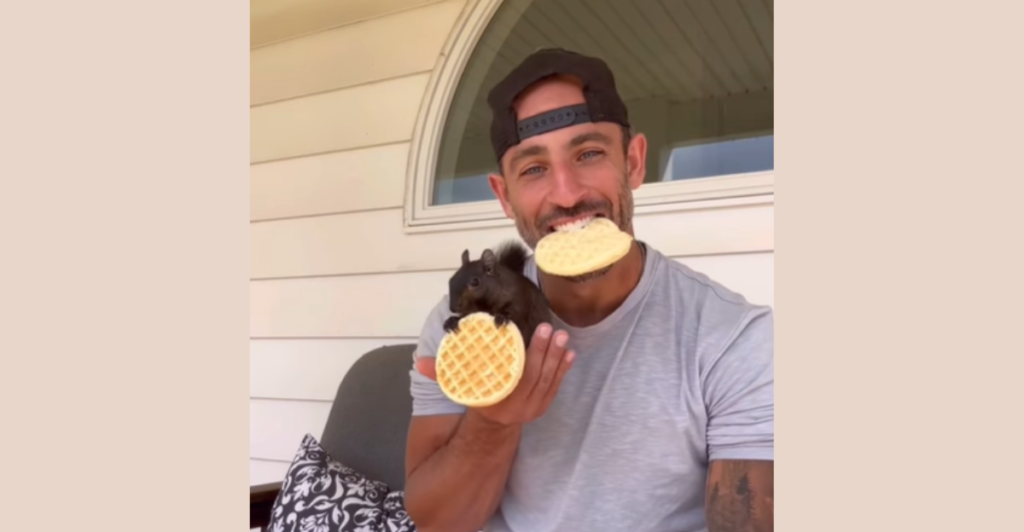
This case prompted many to reevaluate policies about wildlife as pets. It emphasized the need for proper guidelines, enhanced communication between authorities and the public, and the role social media plays in wildlife advocacy. Ultimately, it served as a stern reminder of the intricacies of personal liberty, animal well-being, and state responsibility.
Explore more of our trending stories and hit Follow to keep them coming to your feed!

Don’t miss out on more stories like this! Hit the Follow button at the top of this article to stay updated with the latest news. Share your thoughts in the comments—we’d love to hear from you!







